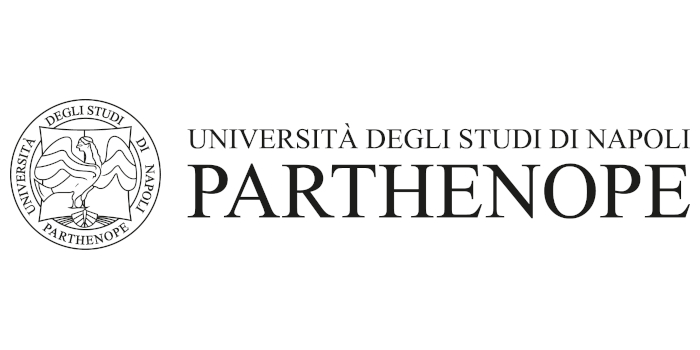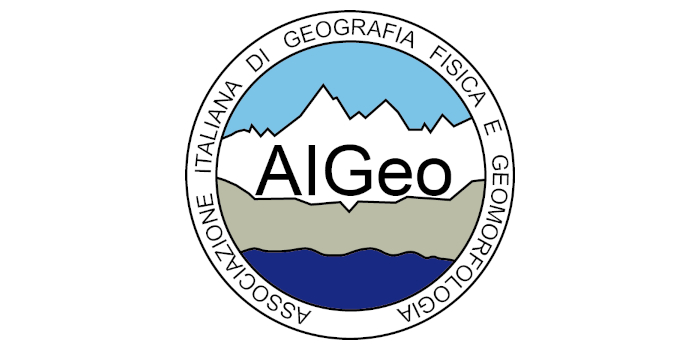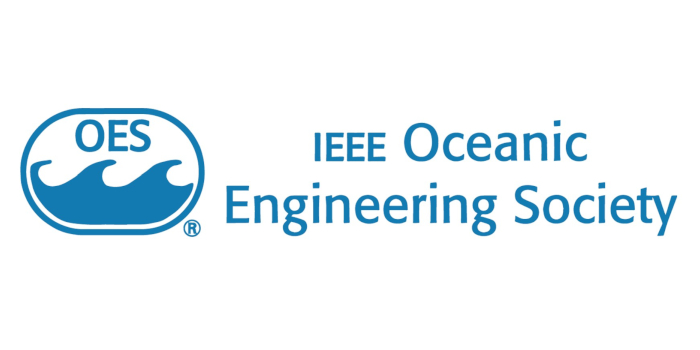Solar Photovoltaics - From Basics to Marine Applications
Matevž Bokalič
Faculty of Electrical Engineering, University of Ljubljana, Slovenia
ABSTRACT
This talk provides a concise overview of solar photovoltaic (PV) technology, from fundamental principles, to marine applications. It begins by exploring the interaction between sunlight and photovoltaic cells, discussing concepts such as photon absorption, carrier generation, and recombination resulting in the theoretical efficiency limit. An overview of different PV technologies is given. The transition from individual cells to modules and large-scale power plants is explained, alongside the role of power electronics and grid connection.
The fluctuating PV energy production results in weather influenced daily and yearly cycles that require battery storage and emerging "Power to X" technologies to support green transition of electricity generation. A market overview outlines key trends, including the steady decline in PV system prices and the global growth of PV installations, which surpassed 1 TW in 2022.
Last part of the talk focuses on the marine context including floating PV systems, PV integration on vessels and off-grid buildings such as lighthouses as well as remote weather stations. Finally, the metrological and reliability challenges of marine PV applications are discussed, including the effects of water reflections, salinity, and system degradation.
SPEAKER BIOGRAPHY
Matevž Bokalič received his PhD from University of Ljubljana in 2013. He continued his research with Laboratory of Photovoltaics and Optoelectronics at University of Ljubljana. He focuses on spatial characterization of photovoltaic devices, and investigation of meta-stabilities and long-term operation of photovoltaic devices. His research highlights include introduction of electroluminescence imaging to characterization of dye-sensitized solar cells, invention of the bandgap imaging method and a book entitled “Spatially Resolved Characterization in Thin-Film Photovoltaics”.

























